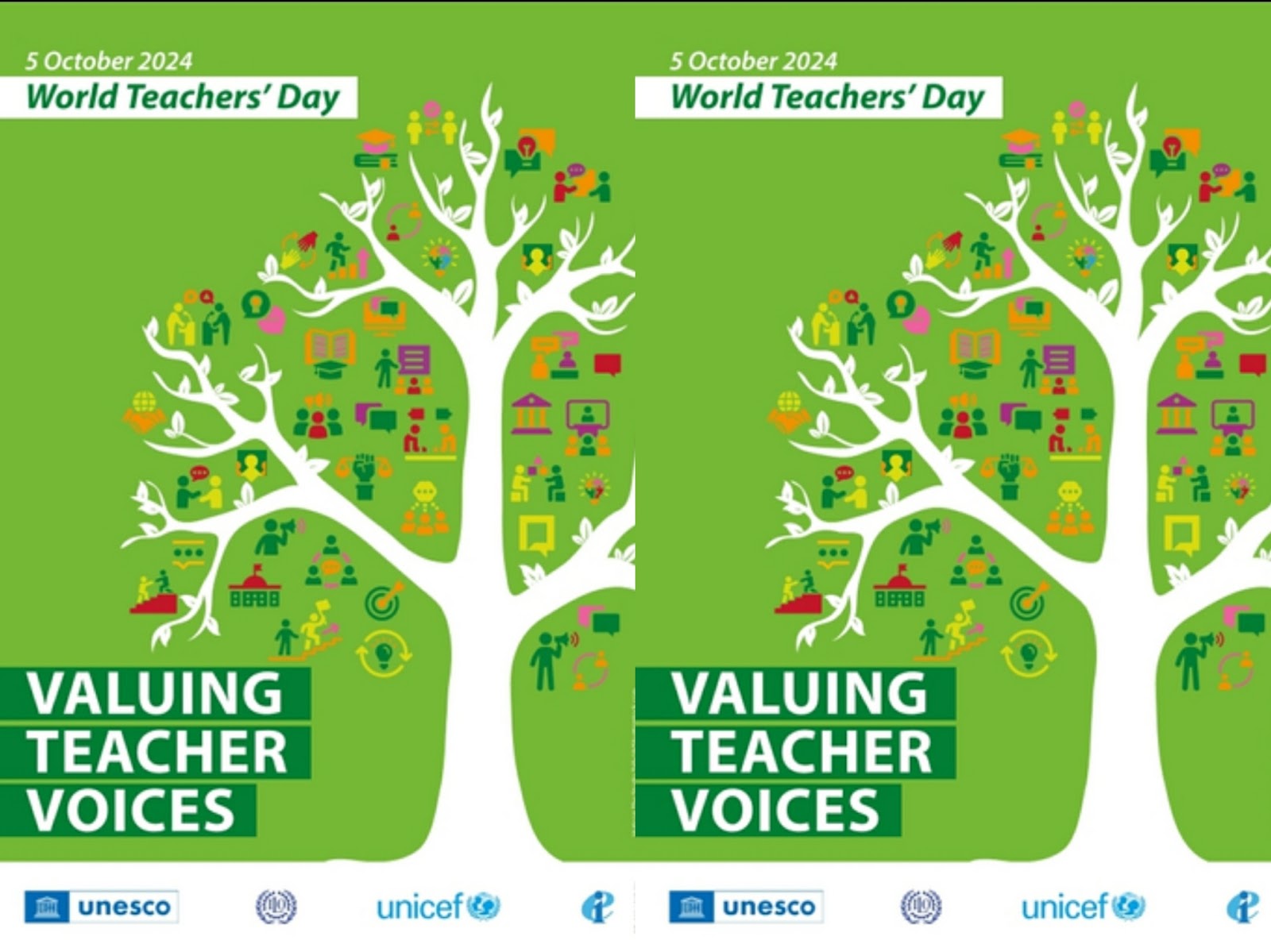It is early morning in Bamenda, the regional headquarters of the North West Region of Cameroon, and a cautious calm fills the air. For Sylvester Kikwileh, a primary school teacher, this calm is bittersweet. While Bamenda offers a semblance of normality, his teaching duties take him far beyond its relative safety. Today, as he has done countless times before, I am with Sylvester at mobile Nkwen as he prepares to make his treacherous journey from Bamenda, through the volatile divisions of Ngoketunjia and Bui, before reaching his final destination in Misaje, Donga Mantung.
This journey is one fraught with danger. The eight-year-long armed conflict between government forces and Non-State Armed Groups (NSAGs) has turned these areas into war zones, where teachers like Sylvester face targeted violence for daring to continue educating the young.
"I dress like a farmer, carrying my books in an old bag so that no one can tell I am a teacher, It’s the only way to pass through unnoticed." he shares, adjusting his worn clothes.
Sylvester’s determination to reach his students in Misaje is nothing short of heroic. As a teacher, he feels a deep sense of responsibility to the children in his care, many of whom have already had their education interrupted by the conflict. But travelling from Bamenda to Donga Mantung means navigating through Bui and Ngoketunjia; areas notorious for their heavy NSAG presence. Teachers, seen as symbols of the state, are frequent targets, with many abducted, held for ransom, or even killed.
In July 2022, a tragic incident in Kumba, South West Region saw a teacher brutally murdered as part of NSAG efforts to disrupt the return to schools. The incident sent shockwaves across the region, but for teachers like Sylvester, the risks remained a grim reality.
"I think of my family every time I leave Bamenda but my students need me. They depend on me." He confesses
The financial situation for teachers like Sylvester is equally dire. Working in a private, missionary school, he earns an average of 50,000 FCFA (£62) a month, and often only for ten months out of the year. His annual salary, barely 500,000 FCFA (£620), is meagre compensation for the life-threatening risks he takes daily. Many teachers in the region face similar financial hardships, with numerous schools closed due to the conflict, leaving educators without work.
"Teaching is a calling," Sylvester reflects as he got on board the car with this reporter to Nkmabe through Ndop, Kumbo.
"It’s not about the money. It’s about the children and the future of our country." His words echo the theme of this year’s World Teachers' Day: “Valuing Teachers' Voices: Towards a New Social Contract for Education” and highlights the urgent need for greater support and protection for educators working in conflict zones.
Every Teachers’ Day since the conflict began in late 2016 has been marked by ghost towns in the North West Region, where businesses shut down and streets fall silent, enforced by NSAGs. For teachers like Sylvester, the day passes with little celebration or recognition, overshadowed by the ever-present fear of violence.
Yet, despite these overwhelming challenges, Sylvester presses on. His determination to educate the next generation remains unshaken, even as we moved through checkpoints controlled by armed groups, his heart racing with each encounter. His students in Misaje will surely greet him with joy and anticipation, unaware of the dangers their teacher faces just to stand before them.
This reporter on the Sabga hills during the trip
As the world celebrates World Teachers’ Day 2024, it is essential to recognise and honour educators like Sylvester, whose voices and sacrifices too often go unheard. Their role in shaping the future of their communities is irreplaceable, and their safety and well-being must be prioritised in any new social contract for education.
For Sylvester Kikwileh and countless other teachers in the North West Region, education is not just a job it is a lifeline for the children caught in the crossfire of conflict, and a source of hope for a more peaceful and prosperous future.
For fear of being targeted, Sylvester Kikwileh (not his real names) requested we do not use his real names nor reveal any form of his identity to anyone.
By Bakah Derick
Email: hilltopvoicesnewspaper@gmail.com
Tel: 6 94 71 85 77




